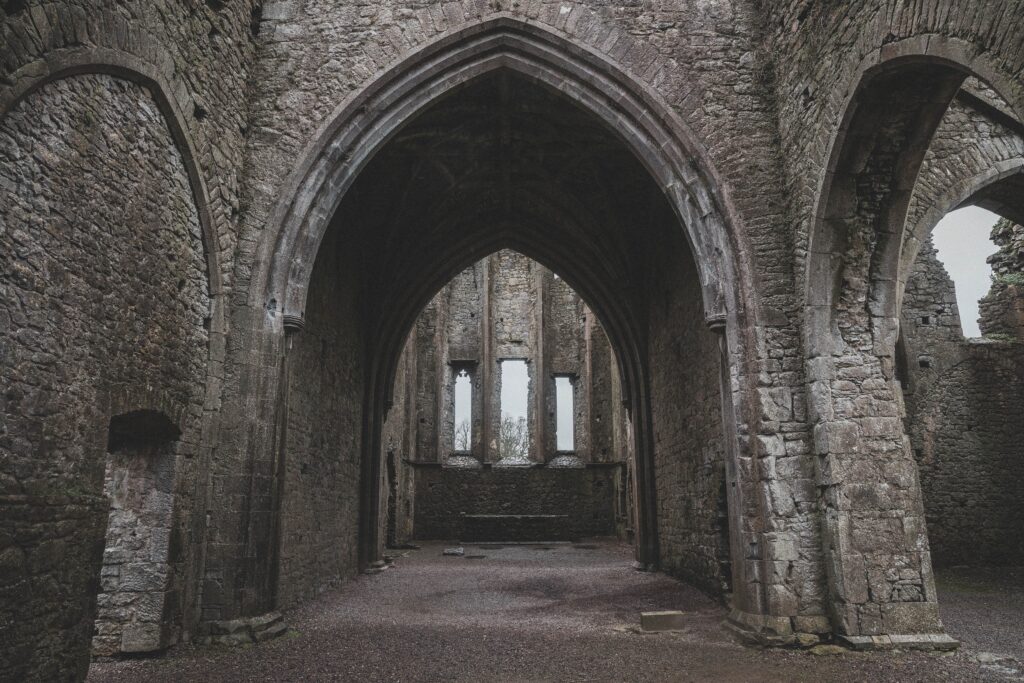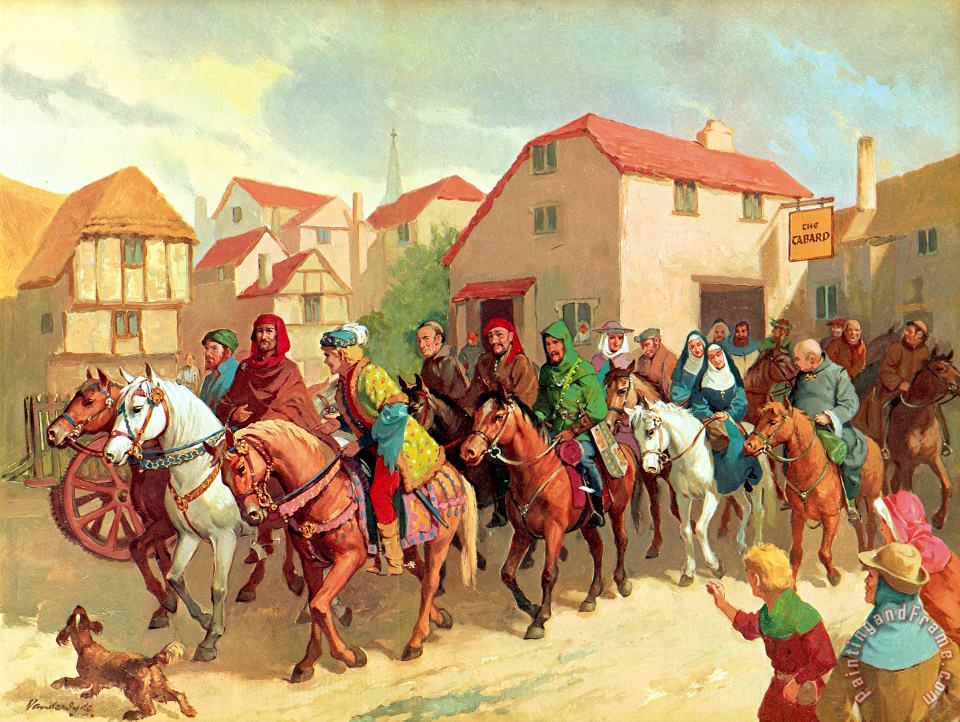
The program in Medieval and Early Modern Studies demonstrates our continuing commitment to enhancing our students’ intellectual life and to promoting the most intense, in-depth academic experience and the highest level of achievement and success for our budding scholars. The Program was established over twenty years ago with a concentration on Medieval studies and today includes Early Modern studies as well. We currently offer a Graduate Certificate in Medieval and Early Modern Studies, and minors in the program may count courses towards graduation in both the Medieval and Early Modern areas.
Medieval and Early Modern studies involve faculty from various departments at Wake Forest University, among them English, history, art history, classics, romance languages, German, philosophy, music and religion. The program integrates practices of thinking across periods, cultures, territories, and disciplines, even as Medieval Studies at Wake Forest continues to emphasize the importance of intensive training in disciplinary knowledge and practice. One of the greatest values of our program is that it is one of the central places at Wake Forest University where students experience interdisciplinarity. In fact, this program has been an inspiration to and model for other developing programs. Among areas of study in the humanities, medieval and early modern cultures are perhaps most naturally cross-disciplinary.
What we think of as modern culture and modern institutions were founded in the Middle Ages. The study of the Middle Ages offers us the opportunity to examine the formation of western civilization and literature in the aftermath of the fall of Rome. Early Modern studies enables us to trace the transformation of late medieval society and culture into an entirely new epoch, the Renaissance, which was an extremely innovative period that reconfigured all the disciplines and set the stage for developments in modern science, politics, economics, social organization, and the arts. This program brings medieval and early modern studies into an ever more complex, inter-dependent, and internationalized twenty-first century, emphasizing the interrelationship of culture, ideas, technologies, religions, and movements across periods of time and geography.

Highlights
- The Medieval / Early Modern lecture series, a cross-disciplinary series including speakers from within and outside of the Wake Forest faculty
- A paper competition that rewards the winners with funding to the International Congress on Medieval Studies at Western Michigan University
- The Gordon A. Melson Graduate Student Award in Medieval Studies, specifically awarded to an outstanding graduate student to attend the International Congress on Medieval Studies at Western Michigan University
- The Medieval Studies summer program at St. Peter’s College, Oxford
- The Robert M. Shorter award for Excellence in Medieval Studies
- The medieval section of the department’s library in the Archie Ammons English Department Faculty Lounge, donated to the department upon the retirement of Prof. Robert M. Shorter, the English department medievalist for 41 years.
- The establishment of internships and fellowships for La corónica: A Journal of Medieval Hispanic Languages, Literatures & Cultures, edited by Professor Sol Miguel-Prendes, a medievalist in the Romance Language department.
